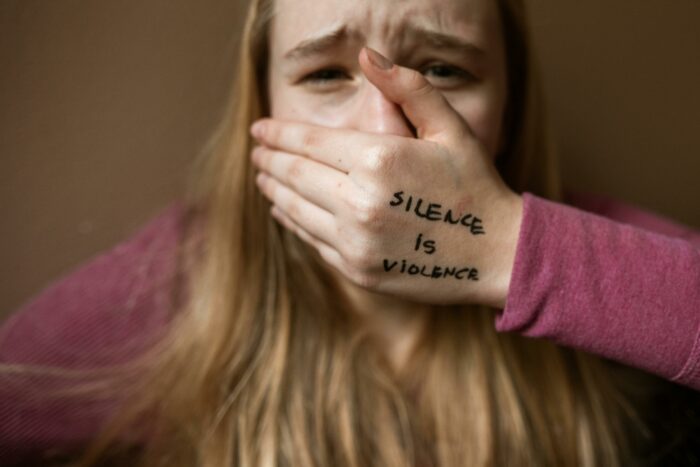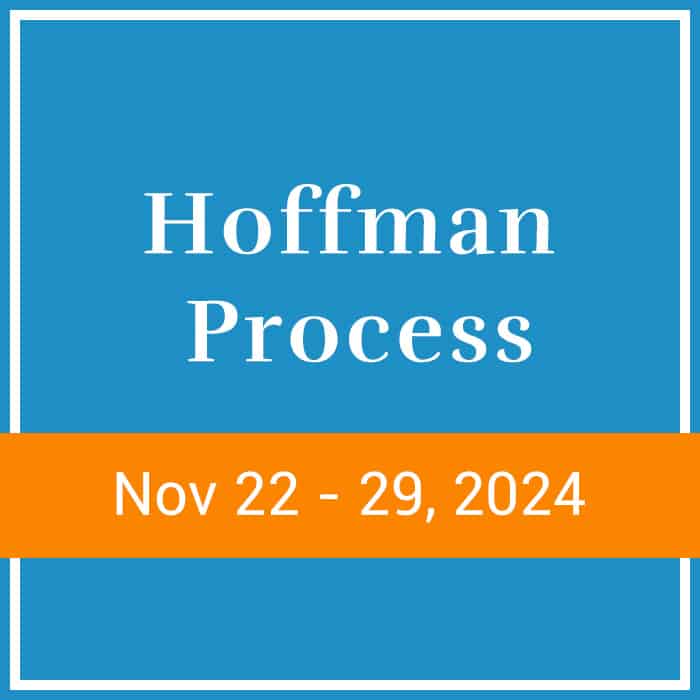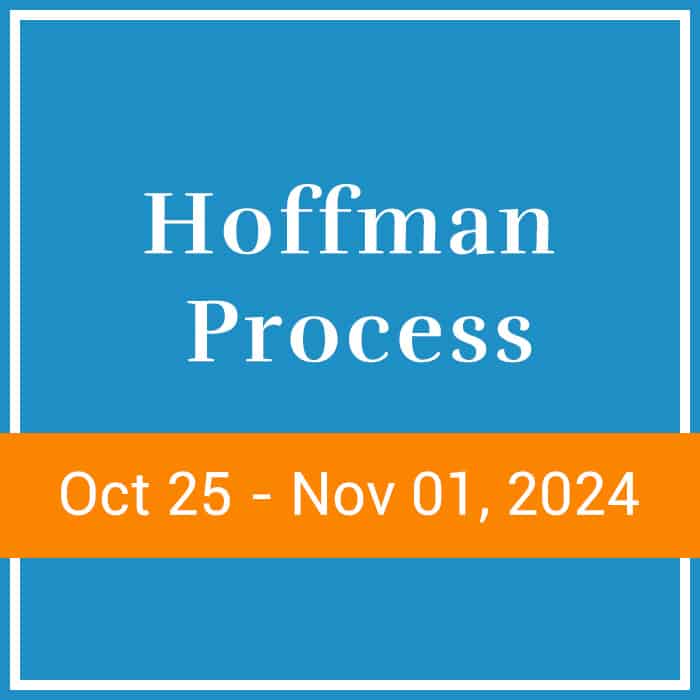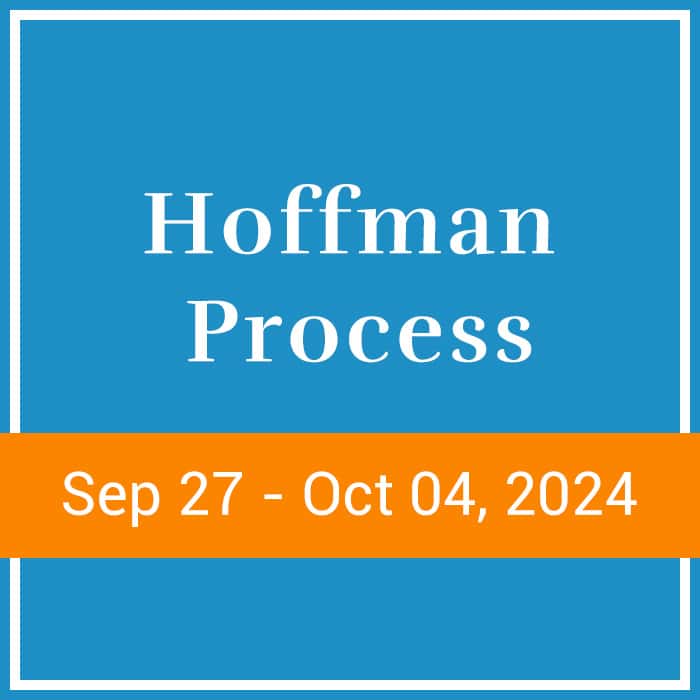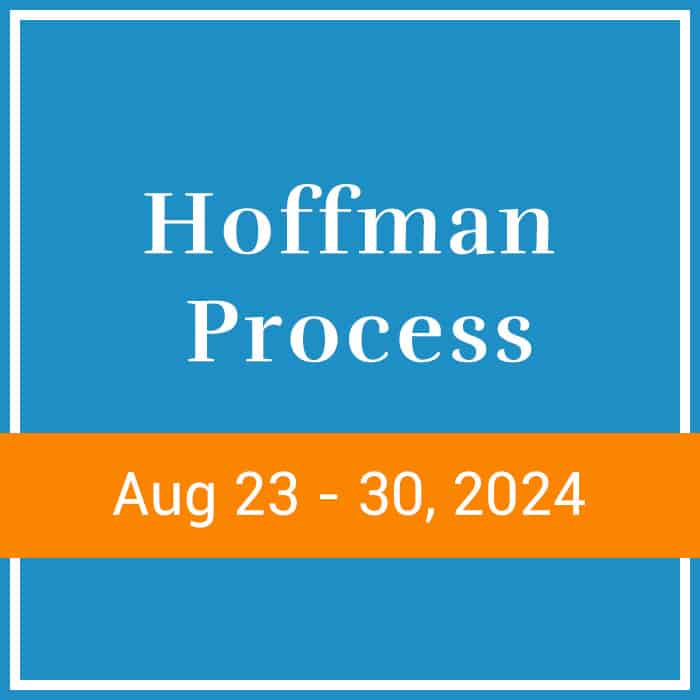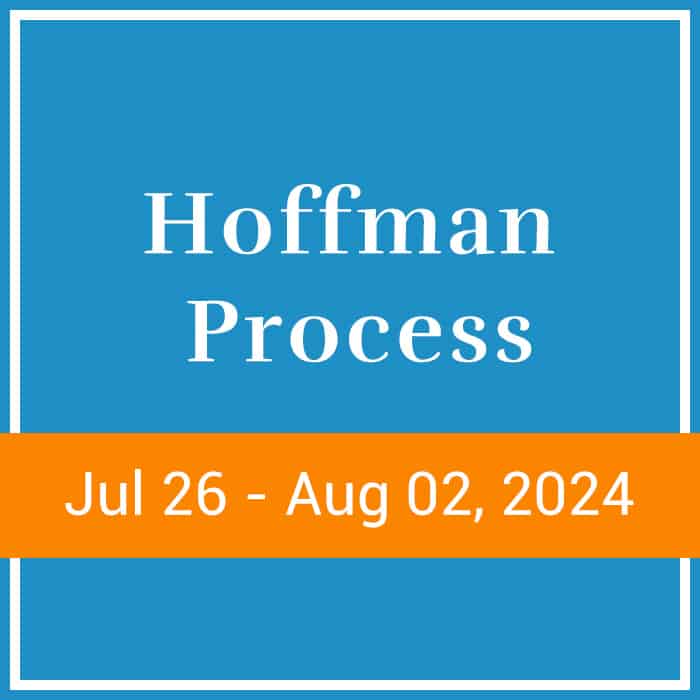Deconstructing ‘Daddy Issues’
For too long, the term ‘daddy issues’ has been used to describe a woman’s relationships or sexual acts when they are considered unacceptable to the opposite sex. This might be a woman who dates older men, a woman who is considered promiscuous, or even one who is thought to be too ‘clingy.’ The idea is that she had a negative relationship with her father (or no relationship at all) and is now using her relationships as an attempt to heal her father wound. In most cases, the term is used as an insult.
Though it may have arisen from Freud’s ideas on the father complex, daddy issues is not a clinical term, and it shouldn’t be gendered. After all, sons are also affected by absent or uninvolved fathers but not as often described as having daddy issues. In this article, we’ll dig deeper to explore the role of fathers, how both girls and boys are impacted by an absent or uninvolved father, and how such individuals can move forward.
What are daddy issues?
Daddy issues is not a recognized psychological condition. It is a colloquial term used to describe psychological or emotional issues a person may have as a result of an unhealthy or non-existent relationship with their father. These issues can manifest differently for each person and typically affect their relationships and behaviors.
A person with daddy issues may struggle with:
• Low self-esteem
• Trust
• Commitment
• Forming new relationships
• Possessiveness
• Fear of abandonment
How an absent father impacts his child
Studies show that having a negative relationship with one’s father during childhood can result in an increase in risky behavior, such as smoking during adolescence, early childbearing, and lower high school graduation rates. These negative effects are even more apparent in those who experienced family disruption in early childhood when the brain is rapidly developing.
After all, our father is the first ‘stranger’ that we meet after our nine-month gestation period within the mother. As the new component introduced into the dyadic relationship between the embryo and mother, our father quickly comes to symbolize and inform how we relate to the outside world.
Traditionally, our father’s economic position had a major influence on the family’s standard of living. Coupled with the fact that men are still paid more for the same work as women, there has been an economical motivation to value our father’s work more than our mother’s. Father (and sometimes mother) usually worked away from home, meaning he was less present and available (physically and emotionally). So, even our father’s attitude to the outside world can have a huge impact on us how we might view it.
Some fears we may inherit from our father:
• Everyone’s out to get you.
• It’s a dog-eat-dog world.
• Toughen up!
• Vulnerability = weakness.
• If you’re not in control, you’re powerless.
Some expectations we may inherit from our father:
• You should work at a job you hate.
• Getting ahead is all that matters.
• You should sacrifice yourself for your family.
• Life = duty.
• If you work hard, you deserve to be looked after.
• Men’s work is more important and valuable.
• A person’s worth is determined by how much money they make.
We might also inherit some perceptions on authority:
• You can’t trust authority.
• You should be subservient to authority.
• The system owes you.
Why daddy issues shouldn’t be gendered
Though daddy issues are commonly attributed to women, there is extensive evidence that an absent father can be just as detrimental to his son. However, how his absence affects his children may differ between the sexes. In fact, some research shows that women tend to seek protection and validation from their adult relationships after having an absent father, while men struggle with approval and self-worth.
Though gender biases do exist, some girls tend to view their father as the ultimate protector. This may have to do with body stature and/or social conditioning. Either way, if her father is absent or unsafe, she will look for a corrective experience in a partner to obtain that safety. And if her father is emotionally unavailable, she will see herself as unworthy and unlovable, which can lead to neediness with her partner.
Many boys, on the other hand, look to their fathers as role models. He needs to be able to idealise his father so he can emulate him. If the father doesn’t live up to this idealization by being physically or emotionally absent, his son will lose his sense of self-worth. Later in life, this can result in an avoidance of challenges or a constant seeking for challenges but never being able to rest in one’s achievements.
Healing the father-daughter and father-son relationship
Relationships that are committed to mutual healing and mutual self-exploration can be a wonderful vehicle to repair early childhood difficulties and damage. However, because both partners bring their own narratives with them, it can also be important for the couple to seek outside help. After all, we cannot change a problem with the same consciousness that created it.
The Hoffman Process is also incredibly helpful in healing the father-daughter and father-son relationship. During the Process, participants learn to heal the wounds that stem from their childhood experiences. This begins with examining their relationships with Mother and Father. By unpacking the intergenerational patterns that affect their behaviours, they are allowed to express frustration in a safe space and have a corrective experience. Along with voicing the resentments they may still carry from having an absent or abusive father, they can also see him as a child with his own inherited pain and finally cultivate compassion for him. Ultimately, we all must learn to take responsibility for our own triggers and behavioural reactions. This is best done when we can honour our parents for the gift of life. Then we can step into creating the life that is inspired by our own intrinsic values. We can learn to stand in the authority of our own knowing.
View upcoming Process dates here.
This article was contributed by Erica Garza. Follow @ericadgarza on Instagram
References:




